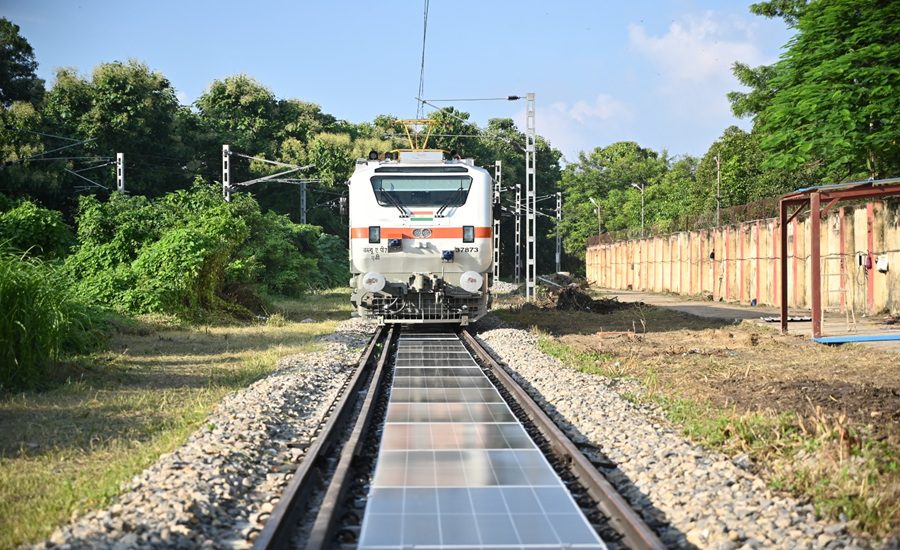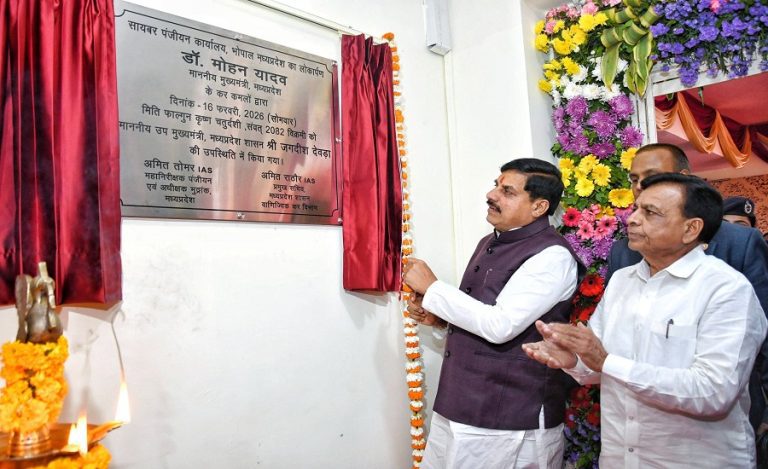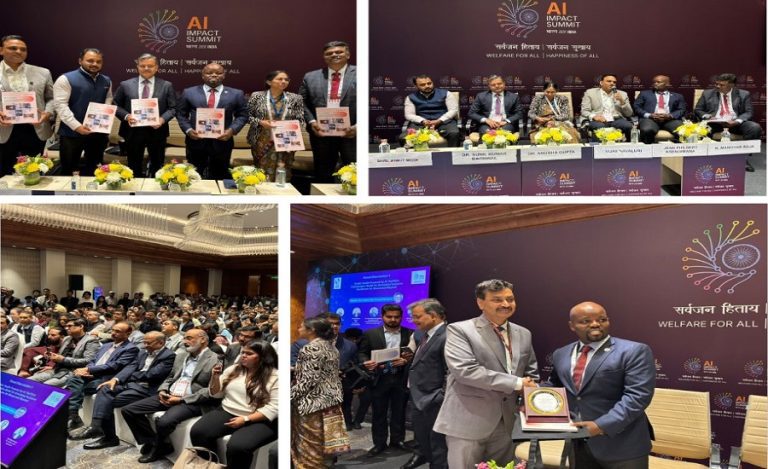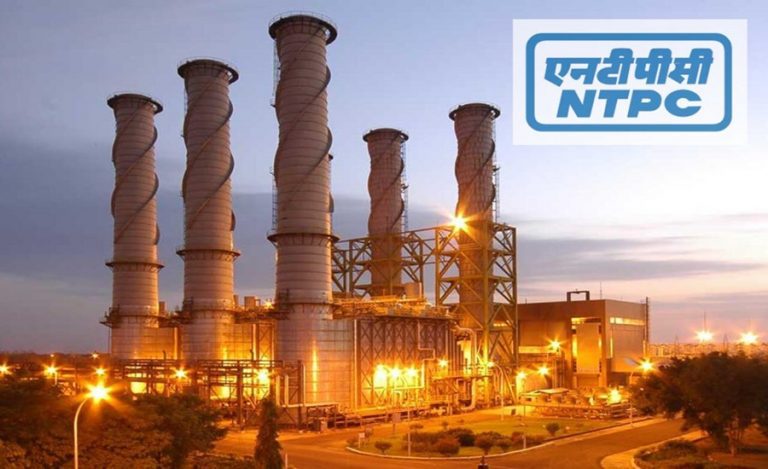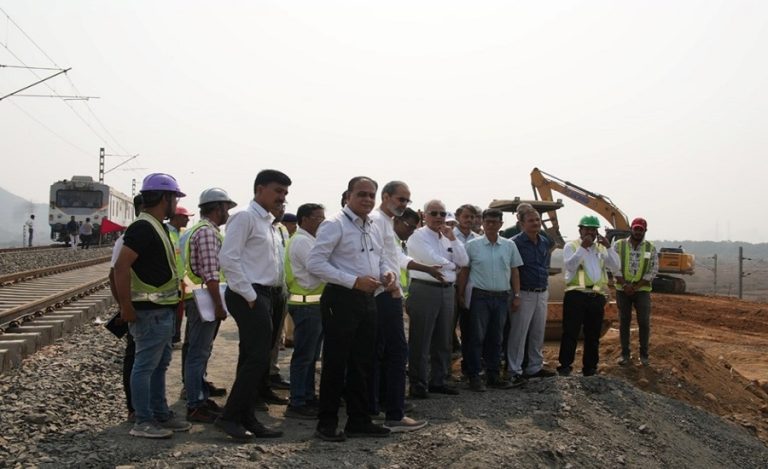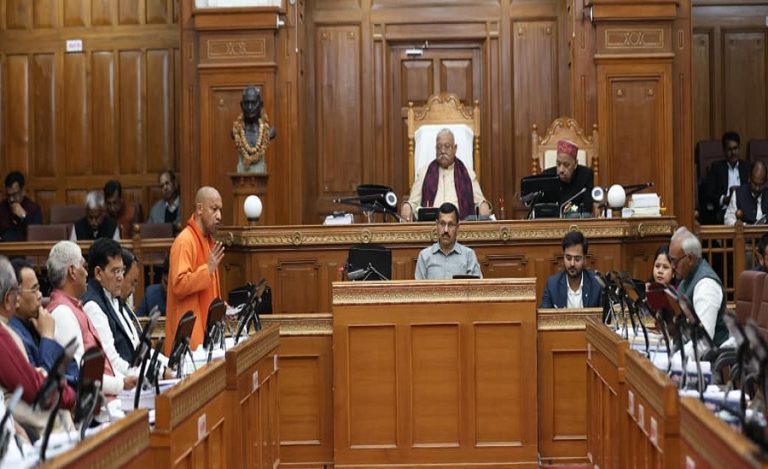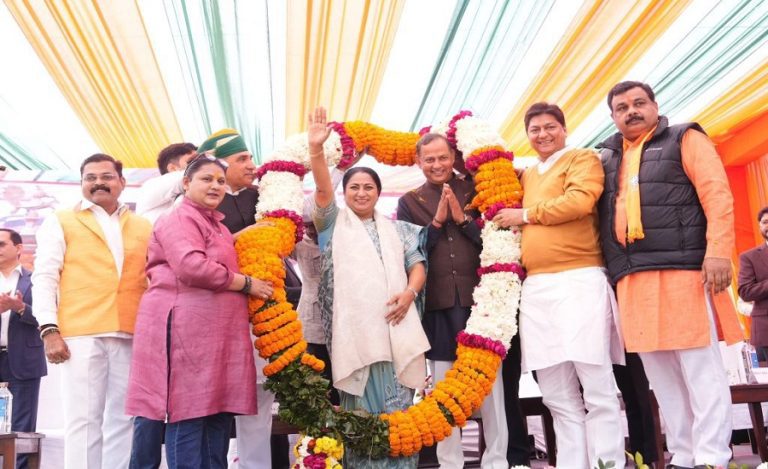Patna, Bihar: In a significant step toward infrastructure development and regional connectivity, the Cabinet Committee on Economic Affairs (CCEA), chaired by Prime Minister Narendra Modi, has approved the doubling of the Bakhtiyarpur–Rajgir–Tilaiya single railway line, covering a length of 104 km. The project will be executed at an estimated cost of ₹2,192 crore and is poised to benefit four districts in Bihar.
The decision is aligned with the Prime Minister’s vision of a ‘New India’ focused on multi-modal connectivity, economic self-reliance, and regional development, especially in aspirational districts.
Connecting Pilgrimage, People, and Progress
The rail line connects prominent religious and tourism destinations such as Rajgir (Shanti Stupa), Nalanda, and Pawapuri, which attract lakhs of pilgrims and tourists from across the country. Once completed, the project will benefit around 13.46 lakh people across 1,434 villages, including the aspirational districts of Gaya and Nawada.
The line plays a crucial role in freight movement, particularly for coal, cement, clinker, and fly ash, all of which are critical for the region’s industrial and energy sectors. The doubling will enable an additional 26 million tonnes per annum (MTPA) of freight capacity.
Green Impact and Economic Efficiency
This infrastructure development will also have a significant environmental impact. The project is expected to save around 50 million litres of oil annually, resulting in a reduction of 240 million kg of CO₂ emissions — equivalent to planting 10 million trees.
Moreover, the enhanced energy efficiency and reduced congestion will improve service reliability and operational capacity for Indian Railways, especially in one of its busiest corridors.
Boosting Infrastructure under PM Gati Shakti Plan
The project is part of the PM-Gati Shakti National Master Plan, which aims to enhance multi-modal connectivity and logistics efficiency across India. By reducing travel time and enhancing the seamless movement of goods, services, and people, this rail doubling project is expected to become a key driver of Bihar’s economic and social development.
Additionally, it will generate employment and self-employment opportunities, promoting economic activity at the grassroots level.

